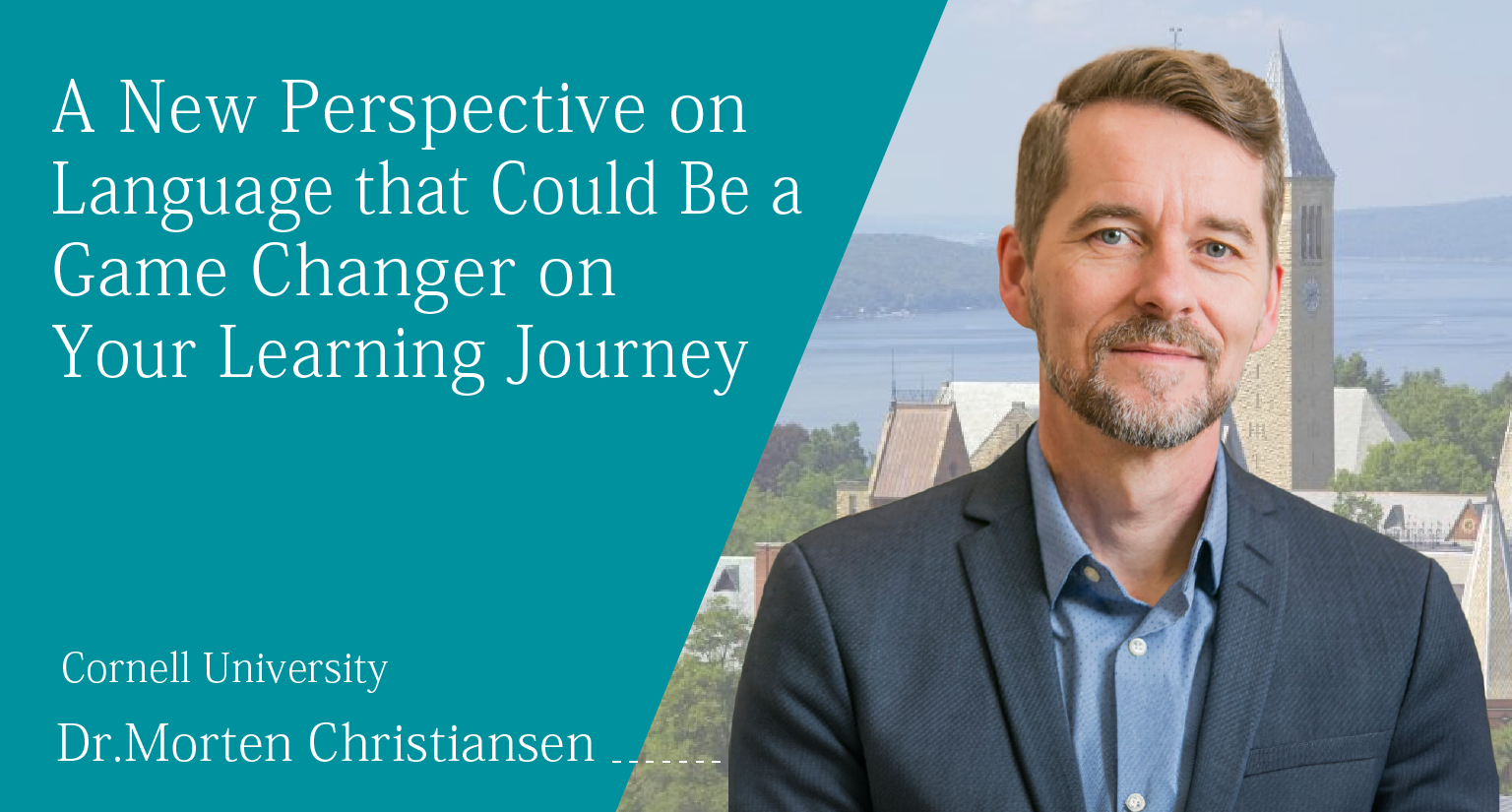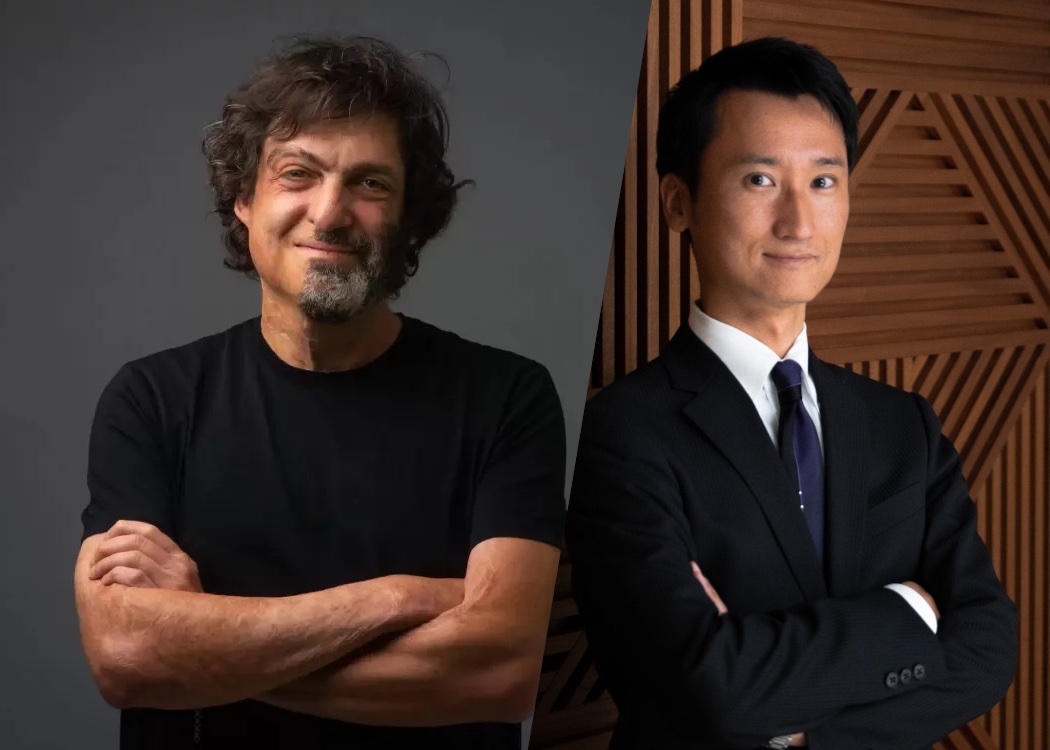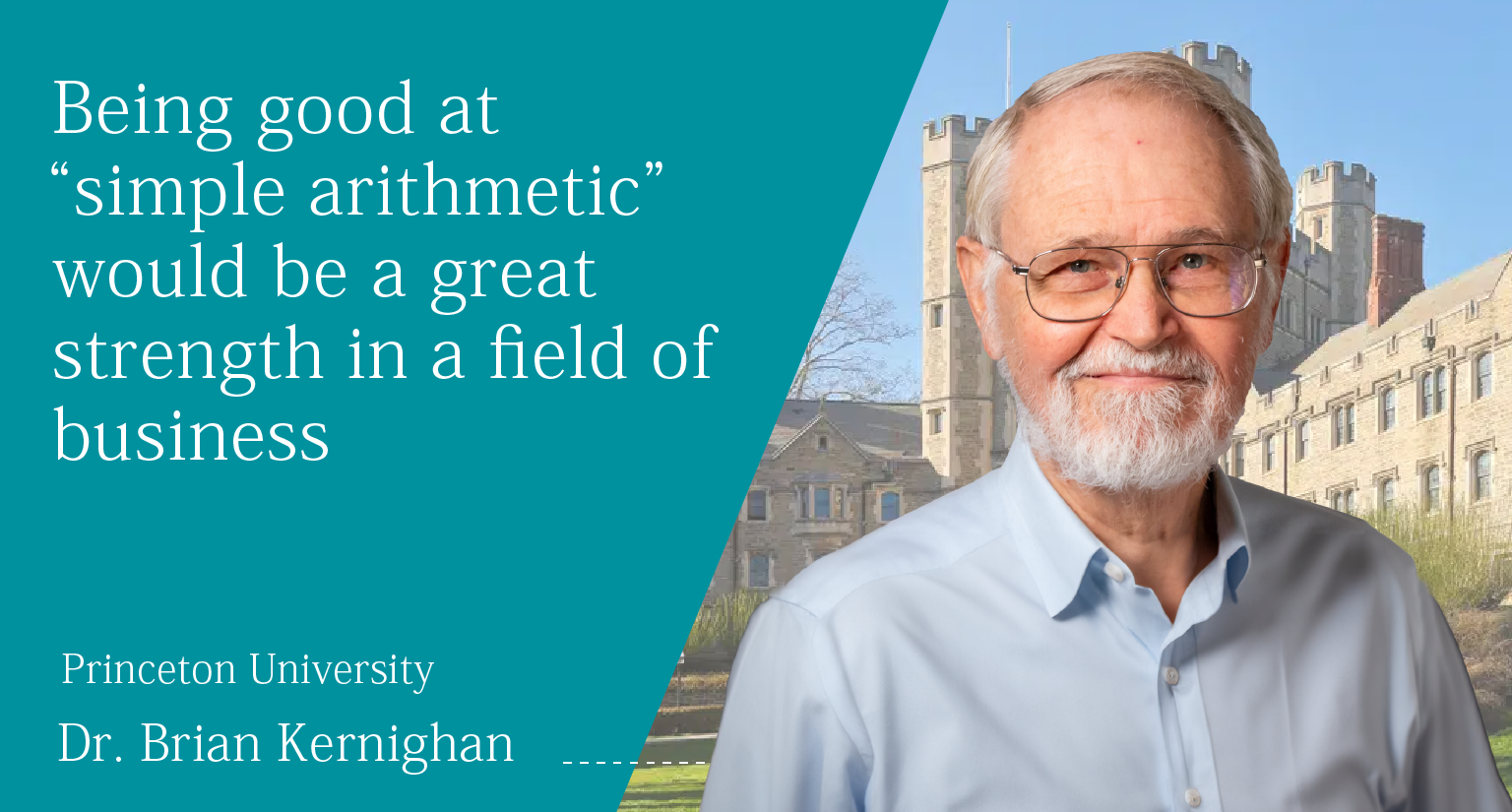Learning a foreign language is always important for entrepreneurs and businesspeople who aim to expand their businesses overseas. However, as many of you have experienced, it is NOT a piece of cake. It requires considerable time, and yet you might feel like your effort has not paid off, and many people just quit trying.
We had the opportunity to speak with Dr. Morten Christiansen, a professor of Psychology at Cornell University, and the co-author of “The Language Game”. He teaches us about the new understanding of language and how to improve our learning of foreign languages based on his new research findings.

Dr. Morten H. Christiansen
Professor at Cornell University
Dr. Morten H. Christiansen is the William R. Kenan, Jr. Professor of Psychology at Cornell University, Professor in Cognitive Science at the School of Communication and Culture as well as the Interacting Minds Centre at Aarhus University, Denmark, and a Senior Scientist at the Haskins Labs @ Yale. He was elected as a member of the Royal Danish Academy of Sciences and Letters and a foreign member of the Royal Norwegian Society of Sciences and Letters, as well as elected Fellow of the Association for Psychological Science and of the Cognitive Science Society. Christiansen is the author of over 250 scientific papers and has edited four books and authored two monographs. His newest book aimed at a general audience — “The Language Game: How Improvisation Created Language and Changed the World“— outlines a radical new perspective on how language works and has been translated into several languages, including Japanese.
X Official Account: @MH_Christiansen
Language Is Fundamentally Collaborative by Its Nature

Sato:
I heard that you have learned English as a second language. Based on your experience and your research, could you share a few tips for effective language learning with us?
Dr. Christiansen:
I’d be happy to do that. I know for a fact that learning a foreign language is hard because as you mentioned I’m a second language learner myself. I’m Danish and I grew up in Denmark speaking Danish.
I think one of the reasons why language learning feels so difficult is that we’re often hold ourselves back because we are afraid of making mistakes. We may be worried that we might not know every single word that appeared in the conversation, some of the finer points of grammar or morphology in that language, or not have a good grasp of the honorifics that are important in that language. My point is that you shouldn’t worry about that — you should just talk.
If we look at children, they make mistakes all the time, but they don’t care because they just want to be understood. So, it’s okay to not be perfect because even if some words, phrases or grammar are wrong, we can still understand each by engaging collaboratively in the conversation.
Sato:
By “engaging collaboratively”, do you mean that we make guesses to understand what others are saying?
Dr. Christiansen:
Yes. In our book The Language Game, we argued that using language resembles playing a game of charades. In charades, one person is given some topic, such as the title of a movie or book, that they need to communicate to somebody else using gestures alone. The other person on the team then has to guess what it is that you’re trying to display. For example, if the topic is the movie King Kong, you might beat your chest as a way of referring to the giant ape that is the main character in this movie.
We argue that language works similar to charades. Both language and charades are about improvisation and active collaboration in the here and now, where we improvise to provide clues to each other to develop a mutual understanding of what we want to say. The crucial point is that linguistic communication is fundamentally collaborative.
As a listener, we’re not passively waiting to receive a message — like a computer might do — but we’re actively using everything we know about each other, what was said before, and what we know about the world to understand what is being said. We work together to build a shared understanding, one improvisation after another, just as in a game of charades.
You Don’t Need to be 100% Perfect in Your Grammer
Dr. Christiansen:
If you think about children, they’re not worried about grammar when they’re communicating. Instead, they are focused on figuring out what others are saying and making themselves understood, and they do so collaboratively. In fact, we might say that children don’t really learn grammars as such.
Grammars merely describe abstract patterns of language use but we don’t actually need them to produce and comprehend language. Instead, children learn language by reusing previously heard small fragments of language, combining them, sometimes in novel ways, to form new sentences, and they subsequently learn to generalize over such fragments. So, when it comes to mastering a foreign language, you don’t need perfect grammar, but can get far with just fragments of language and ways to generalize over them.
Sato:
Could you explain a little bit more about what generalization means in language science?
Dr. Christiansen:
Generalization can mean a lot of different things in language science, but here I’m talking about generalizations over small fragments of language. For instance, if you hear a sentence: “I like milk”. And then you hear other people say, “I like coffee”, “I like sake”, or “I like wine.” Then you might realize, “Oh, there’s a phrase here that I can reuse, “I like X”, where X indicates something you like. From this you make a sentence, say, “I like chocolate”.
This is how generalization works, and also how we think children learn language. It’s not something they learn in a year, it takes a considerable time. Children spend a lot of time on language learning, listening to what other people are saying and reusing bits of that as best as they can.
Focus on Phrases Rather than Words
Sato:
Unlike a child, we as adults have limited time that we can spend on learning language. Do you have any learning technique that you would recommend, to get in the fast lane?
Dr. Christiansen:
Our work suggests that learning word combinations as chunks rather than individual words is quite helpful. These so-called multi-word chunks are incredibly helpful for foreign language learners because recognizing a phrase is much easier than having to recognize the individual words one by one and then working out what their combination might mean. For example, if you know phrases like “I don’t know”, “Can you help me with this?”, and so on, you can use them in a conversation, and this will help you be more fluent.
Not only are multi-word chunks useful for when you’re talking, but they also make it easier to deal with the seemingly fast input from a foreign language. Acquiring an inventory of frequently used multi-word chunks is a good preparation for real-world interaction in the language you’re learning—but, unfortunately, our current education system oftentimes fails to support such learning.
Get Prepared for The Real-World Interaction
Sato:
Why do you think is current language education failing to teach us how to deal with language in real-time?
Dr. Christiansen:
Much of our foreign language education focuses on reading from a textbook or listening to someone, typically the teacher, uttering example sentences—and often students spend too little time talking with one another. As a result, when you’re suddenly confronted with native speakers of the relevant language on a trip or watching a movie, it is not unusual to discover that you understand very little. It seems like people speak too fast. You might be able to pick out a few words, but you’re not understanding what they’re saying. I believe that this is because we don’t spend enough time helping people figure out how to deal with language in real-time when teaching foreign languages.
In the work that I’m doing in my lab with my graduate students and other colleagues, we’re interested in how we might improve learners’ ability to use a foreign language in real time such as when ordering food at a restaurant, getting directions on the street, and so on. And this is where our research suggests that paying attention to multi-word chunks might be quite helpful.
AI and Language Improvisation
Sato:
There has been huge progress in the area of language learning and AI these days, such as AI language translation. That makes me wonder, whether AI can acquire language abilities similar to humans, and I would like to hear your opinion on this.
Dr. Christiansen:
That’s an interesting question. I guess the short answer is, I don’t know. As I mentioned earlier, human languages are fundamentally collaborative and interactive in the sense that we’re trying to reach a mutual understanding of what we’re talking about. That’s not how AI models are trained, at least not the current models. They don’t play charades, which we suggest is fundamental to how language works. In short, they don’t interact in the same way as we do.
AI models are trained on lots and lots of data to predict the next word in a sentence. That’s all they’re doing. And our research with AI models suggests that this may not be enough to fully capture human language abilities. Specifically, we found that interaction and feedback seem to be quite important not only for humans but also for AI. We’ve been working on testing some of these models, like ChatGPT, in the same way we would test humans in our laboratory. Our results indicate that models that receive human feedback behave much more like humans do in terms of their grasp of how we use language.
In other words, to build a successful AI model, they need to get their language corrected by getting human feedback on what they’ve said— just being trained on billions of words is not enough. This highlights the interactive part of a language that is typically missing from these models, and which we suggest is a fundamental part of human language.
Sato:
What do you think would happen when you teach AI to play charades?
Dr. Christiansen:
Well, if we do teach AI to play charades, then there might be a real possibility that they will surpass us in their language abilities. And who knows where that would lead us? It might make them a threat to humans, or they could be used as tools to manipulate people more easily — which we’re already seeing the beginnings of now.
On a more positive note, if they do learn to play charades and we teach them to engage in conversation with us in a collaborative interactive way, they might perhaps become more empathetic with us. They might understand us better as humans, and then maybe they won’t try to get rid of us, as in some of the more pessimistic science fiction movies.
Don’t be Afraid of Making Mistakes, Just Talk
Sato:
Finally, could you share a message with our readers who are struggling with language learning?
Dr. Christiansen:
I think the most important thing that I’d like to get across to other language learners is that it’s crucially important that you throw yourself into using that language. You shouldn’t worry about making mistakes—you should just talk.
If we concentrate more on figuring out how we can best be understood by the other person, they, in turn, are going to focus on trying to understand what we say, rather than pointing out our mistakes. Native speakers, too, make errors all the time but nobody pays much attention to them.
Normal conversations are about working together collaboratively to reach a mutual understanding of what we’re talking about. And there are mechanisms that can help us correct misunderstandings and move the conversation forward. If you don’t understand what somebody is saying, you can always ask for clarification. You can also indicate that you’re on the same page as the speaker by gestures like nodding. These are some of the extra conversational tools that we have, and they work perfectly fine in a foreign language context.
When it comes to speaking your foreign language, my message is that you should just talk because other people won’t care about whether you make any mistakes—so jump right to it and just talk.
( Interviewer: Naoto Sato )









